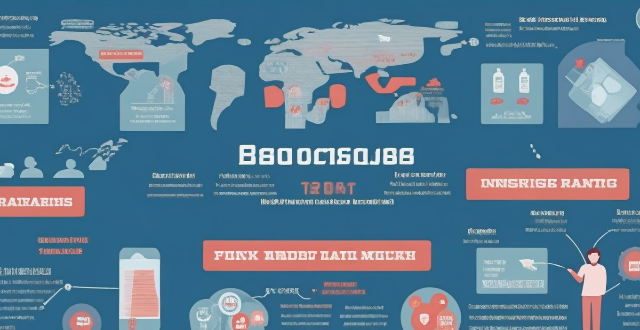The article discusses how political tensions can impact countries' participation in international sports competitions by affecting travel restrictions, safety concerns, boycotts and protests, sponsorship and funding issues, diplomatic pressure, image and reputation concerns, reduced attendance and viewership, security measures, and lost cultural exchange opportunities. It emphasizes the need to find solutions that allow sports to continue serving as a unifying force in our global community.

How Political Tensions Affect Countries' Participation in International Sports Competitions
Sports have always been considered a universal language that transcends borders and brings people together. However, political tensions between countries can significantly impact their participation in international sports competitions. This article will discuss how political tensions affect the participation of countries in international sports competitions.
Impact on Athletes and Teams
1. Travel Restrictions: Political tensions can lead to travel restrictions between countries, making it difficult for athletes and teams to travel to international competitions. This can result in teams not being able to participate or having to withdraw from competitions at the last minute.
2. Safety Concerns: In some cases, political tensions can escalate to violence, posing safety risks for athletes and teams participating in international competitions. This can lead to countries deciding not to send their athletes to certain events or withdrawing them from competitions already underway.
3. Boycotts and Protests: Political tensions can also lead to boycotts and protests by athletes and teams, either as a form of solidarity with their country or as a response to perceived injustices committed by other countries. These actions can result in reduced participation or even complete withdrawal from competitions.
Impact on Host Countries and Organizations
4. Sponsorship and Funding Issues: Political tensions can affect sponsorship and funding opportunities for international sports competitions, as companies may choose not to associate themselves with events that could be seen as supporting controversial regimes or policies. This can lead to reduced prize money, lower quality facilities, and less media coverage for the event.
5. Diplomatic Pressure: Host countries may face diplomatic pressure from other nations to exclude certain countries from participating in international sports competitions due to political tensions. This can create a difficult situation for organizers, who must balance the desire to promote sportsmanship and fair play with the need to maintain positive relationships with other nations.
6. Image and Reputation Concerns: Host countries may also be concerned about the image and reputation of their nation when hosting international sports competitions during times of political tension. They may worry that negative publicity surrounding the event could harm their country's standing in the global community.
Impact on Fans and Spectators
7. Reduced Attendance and Viewership: Political tensions can lead to reduced attendance and viewership of international sports competitions, as fans may choose not to support events that involve countries they perceive as adversaries or oppressive regimes. This can result in lower revenue for organizers and less exposure for the sport itself.
8. Security Measures: In some cases, political tensions can lead to increased security measures at international sports competitions, which can negatively impact the fan experience by creating long lines, restricting access to certain areas, and generally creating a more tense atmosphere.
9. Cultural Exchange Opportunities Lost: One of the benefits of international sports competitions is the opportunity for cultural exchange between different nations. However, when political tensions are high, this opportunity may be lost, as fans and participants may be less inclined to engage with individuals from countries they view as adversaries.
In conclusion, political tensions can have a significant impact on the participation of countries in international sports competitions, affecting athletes and teams, host countries and organizations, as well as fans and spectators. While sports have the power to bring people together and promote understanding across borders, it is important to recognize the potential challenges that political tensions can pose and work towards finding solutions that allow sports to continue serving as a unifying force in our global community.